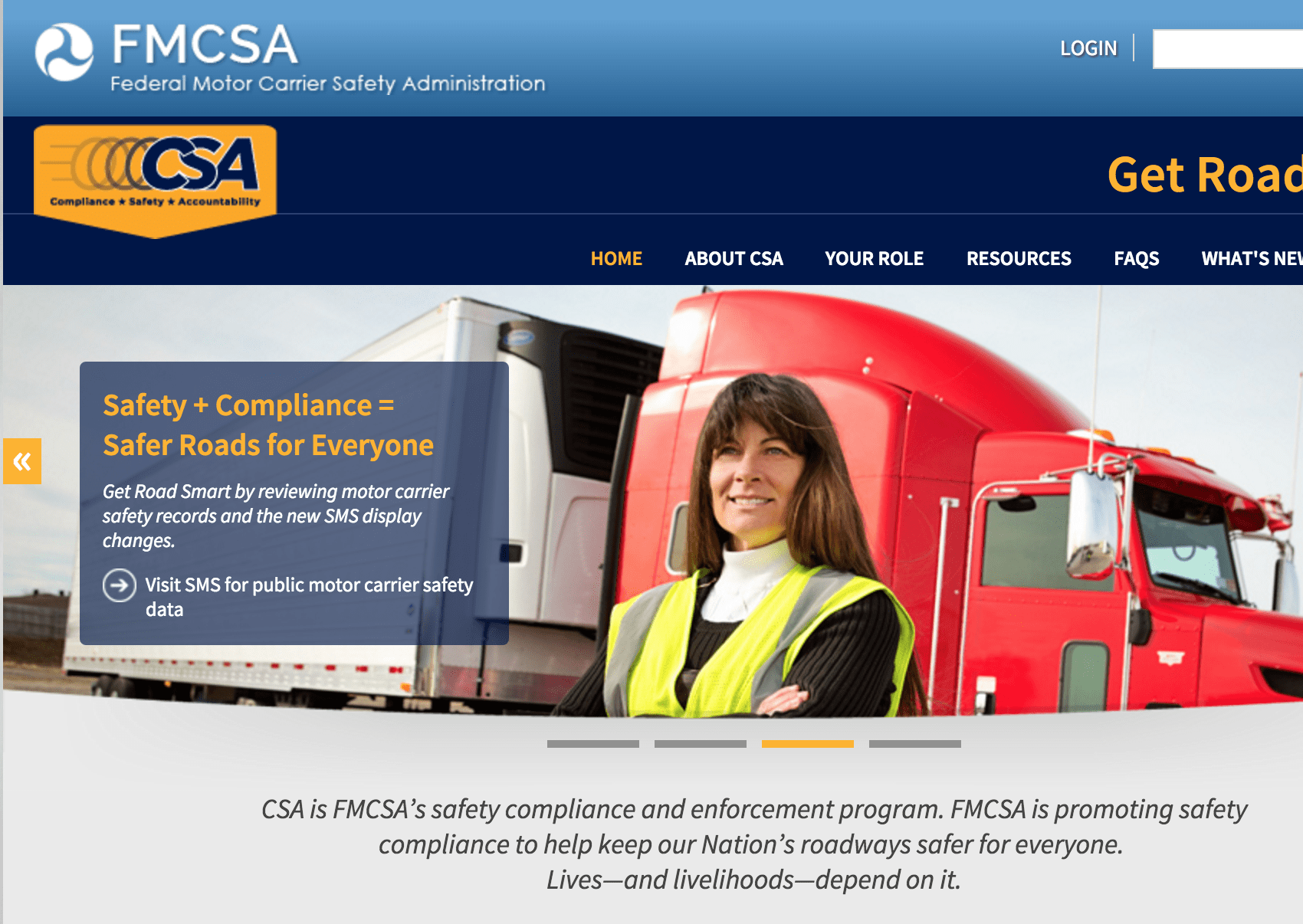
New Highway Bill to Change Carrier Rating System
On October 22, the House’s Transportation and Infrastructure Committee pushed H.R. 3763 a six-year highway bill forward to the full House that would require the Federal Motor Carrier Safety Administration (FMCSA) to rework the Compliance, Safety, Accountability (CSA) program, including a removal of carrier rankings.
The Surface Transportation Reauthorization and Reform Act of 2015 would, among other things:
- Remove carrier safety rankings from public view in the CSA’s Safety Measurement System
- Guarantee large-scale transportation projects for state and local governments
- Cut red tape in environmental reviews of transportation projects
- Reform truck and bus safety programs, easing administrative burdens on small businesses
- Promote private investment in the US surface transportation system
- Implement a pilot program for younger CDL holders between 19-21 to cross state lines
The reasoning behind the removal of carrier safety rankings is due to data and technical problems that have plagued the CSA’s system continuously. The bill would also require the Department of Transportation’s Inspector General to develop an action plan for FMCSA to correct the program before re-implementing it.
The CSA is an FMCSA initiative to improve large truck and bus safety, with the ultimate goal of reducing crashes, injuries, and fatalities related to commercial motor vehicles. The CSA’s Safety Measurement System (SMS), rolled out in 2010, uses data from multiple resources at the federal and state levels to analyze carriers and identify those who exhibit more dangerous behaviors and are therefore more likely to crash. The system also evaluates and intervenes with carriers to help them improve their safety and compliance standards. The SMS measures carrier safety with seven Behavior Analysis and Safety Improvement Categories (BASICs):
- Hours of service
- Driver fitness
- Incidence of driver using controlled substance/alcohol
- Vehicle maintenance
- Crash indicator data
- Unsafe driving data
- Shipping of hazardous materials
The bill will also introduce national hiring standards that protect freight brokers from frivolous negligent selection lawsuits. When broker hired car haulers or independent truckers they previously could have been liable if those carriers had an “unsatisfactory” rating.
The $325 billion bill would also have to reconcile with a similar bill currently in the Senate, before anything could progress to the White House to be signed into law.
The bill also includes a provision called “Regulatory Impact Analysis”, which would require the FMCSA to further study the impact of their rules on carrier, and consider input from the trucking industry during the rulemaking process. This provision echoes a similar standalone bill recently introduced by Senator Deb Fischer of Nebraska. The Trucking Rules Updated by the Comprehensive and Key Safety Reform Act (TRUCK Safety Reform Act), presented earlier this year in June, would require the FMCSA to conduct a comprehensive review of all rules, regulations, regulatory guidance, and enforcement policies, and to make the findings of the review public.

